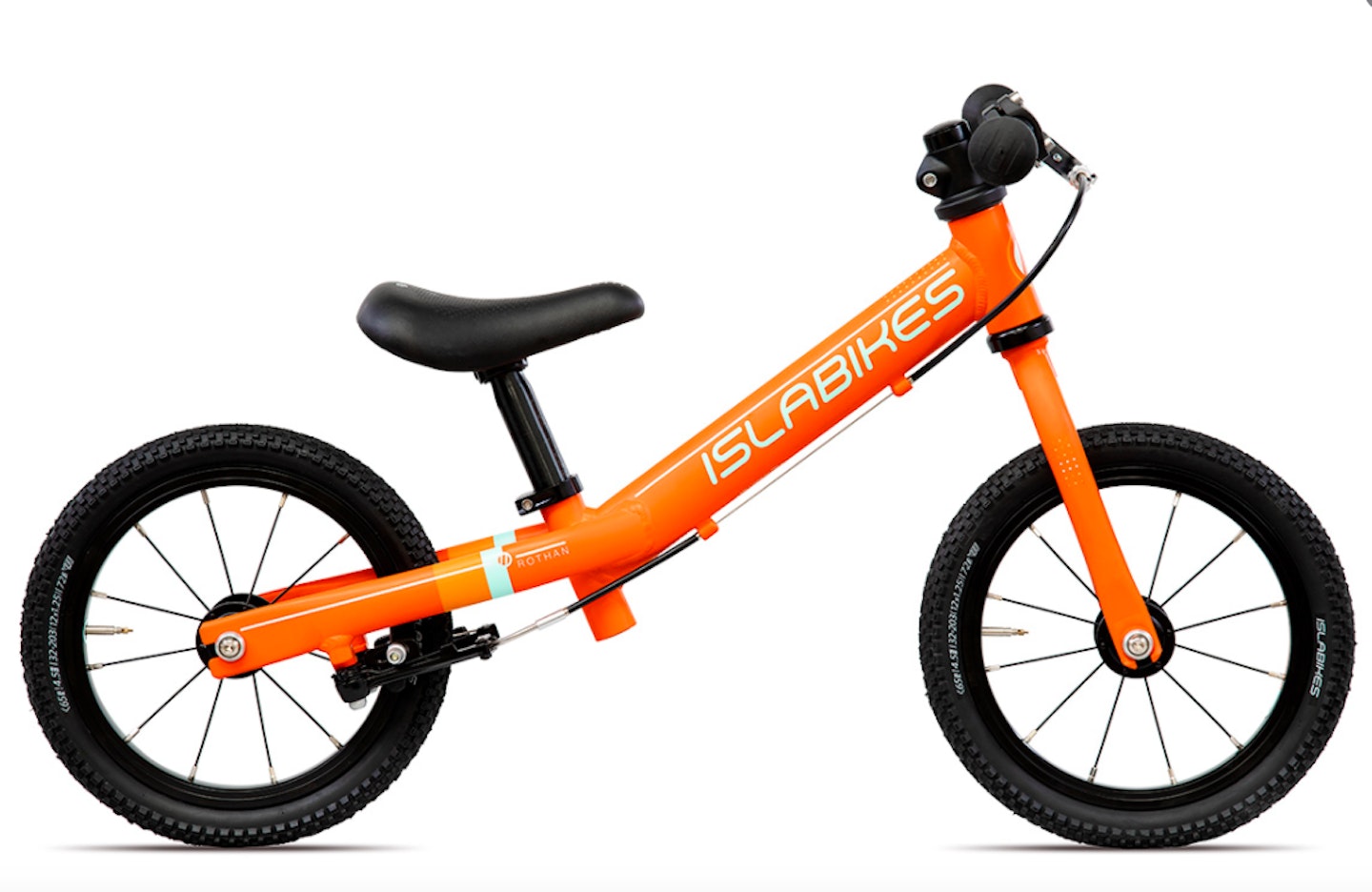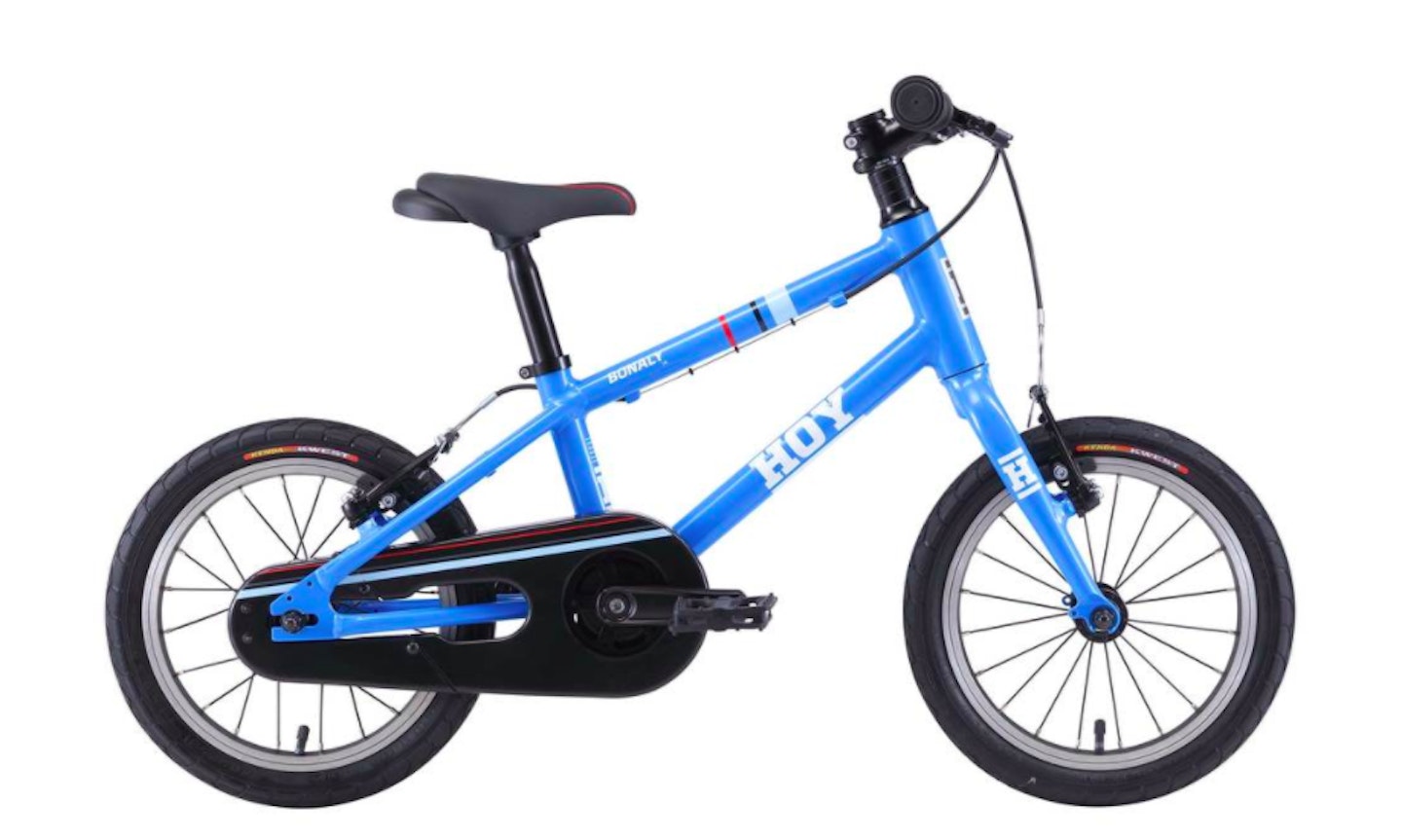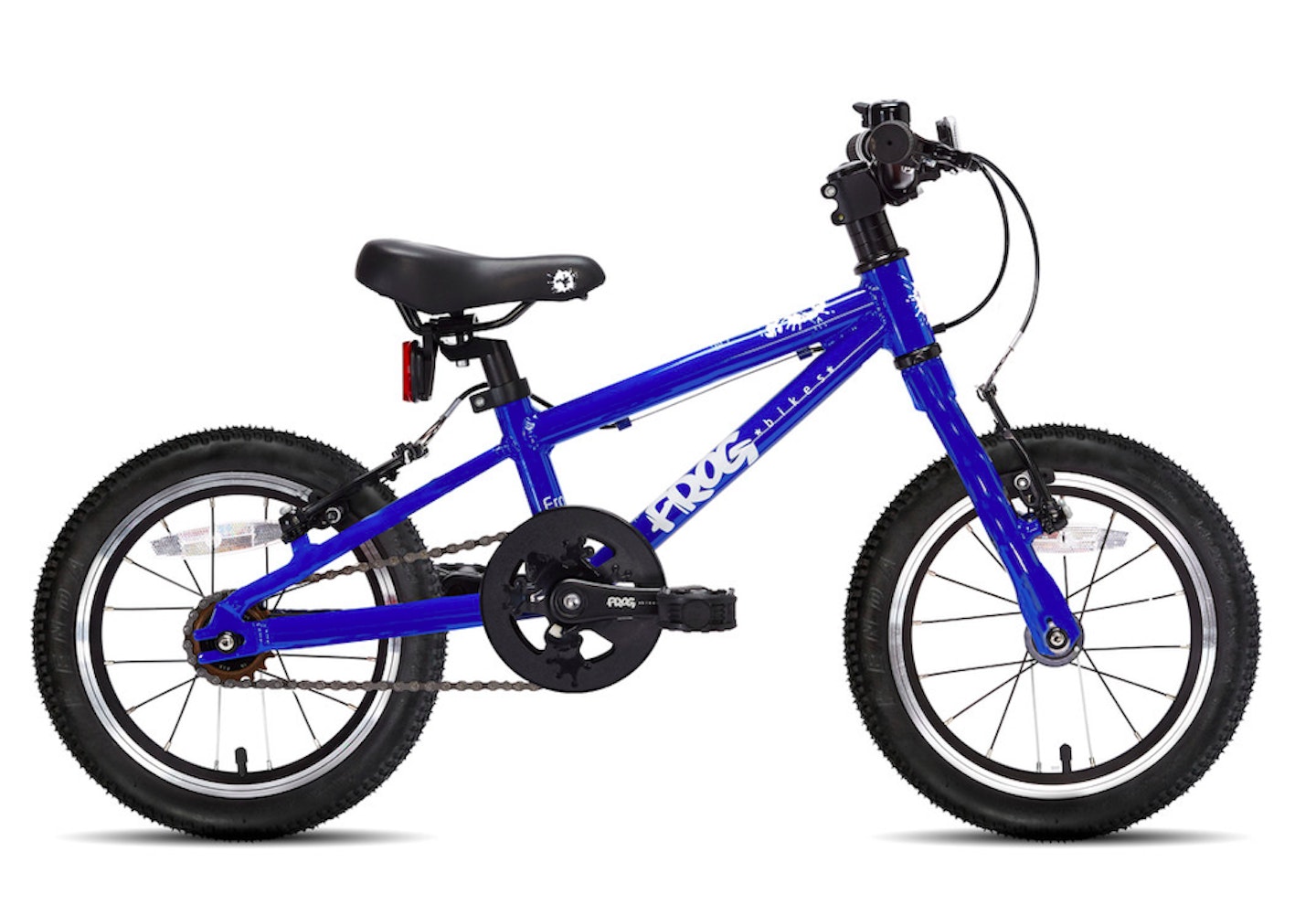As if parents don’t have enough to worry about right now, experts have warned that lockdown has exacerbated the childhood obesity crisis. The news doesn’t surprise me: it’s a rare working parent whose child is not plonked in front of Disney+ and handed snacks to keep them quiet during Zoom meetings (my three-year-old and five-year-old are certainly doing both).
‘My son is six, and has definitely chubbed out during lockdown, partly from doing less incremental exercise and partly from boredom snacking,’ says Claire. But, while we’re working every available moment of the day (and night) to get our jobs done around childcare, it’s easy to fall back on convenient crowd-pleasing snacks. Plus we’re so, so tired. ‘My three-year-old is on about two lollies a day, mostly to bribe/shut her up,’ says Laura. ‘She’s obsessed with chocolate and no one has the energy to try and withhold it.’
But we can’t completely blame lockdown. Stats have long shown that child obesity is worse in the UK than in almost every other European country. At the start of primary school, more than 20% of British four-year-olds are classed as overweight. By the time they head off to secondary school seven years later, more than a third of children are overweight, and a fifth are classed as obese.
The consequences are bleak. Too much sugary and processed food is widely known to cause heart problems and diabetes, but it’s also a contributing factor in everything from dementia to depression. And, last year, it overtook smoking to take the dubious honour of becoming the number one cause of preventable cancers in the UK.
But conversations around obesity are always difficult. ‘I find it really hard not to be vocal about it and I get frustrated and grumpy when he is constantly asking for snacks,’ continues Claire. ‘I’m really aware of not making food a big deal but I can’t help myself trying to control what he eats more than I should and sometimes making comments I shouldn’t. Stuff like: “If you eat treats every day, it’s greedy, and you might get too fat to run fast”.’
Also, issues around food are often gendered. ‘It’s harder with my daughter, as diet and weight are complex for women and girls, and I don’t want her to have any eating issues,’ says Rachel. ‘We tend to assume boys are more active so panic less if they have three helpings. But there’s a different attitude towards girls and food. My husband sometimes tells our daughter that she’s "had enough” in a way that he wouldn’t with our son.’
I've always tried not to talk about weight in front of my son or daughter, instead emphasising that spinach will ‘make you strong’, salmon will ‘make you clever’, and doing Cosmic Yoga will ‘make you feel good’. Extolling the benefits of healthy choices feels more positive than telling them what they can’t have.
‘I’m not one of those people on a Jamie Oliver series pushing Turkey Twizzlers on their kids. I’m a good mother.'
But what if you’ve been specifically informed by a health professional that your child needs to lose weight? ‘I felt shamed,’ says Emma, of the day she was told her four-year-old daughter was in the overweight range on the size chart. ‘I’m not one of those people on a Jamie Oliver series pushing Turkey Twizzlers on their kids. I’m a good mother, and baking cake with your child is wholesome, right? Maybe we do it too much. She loves cake.'
Clearly, shaming parents is not the answer. And perhaps focusing on ‘obesity’ (ie. the physical result of an unhealthy diet and sedentary lifestyle) is part of the problem. As soon as you frame the conversation around how a person’s body looks, you are making it emotionally fraught. Can we talk about the damage that sugary and processed foods cause without talking about getting fat? After all, there are many reasons that a person might be overweight, including genetics. We all know slim people with very unhealthy lifestyles, and there are teetotal marathon runners who can only buy from curve collections. A person’s weight is not always indicative of how healthy they are.
Boris Johnson, previously scathing about ‘nanny state’ policies like the sugar tax, told Times Radio yesterday that this situation is ‘something we need to address’. Having been seriously ill with Covid-19 himself, the importance of lifestyle factors in maintaining good health has – at least – become apparent to him. ‘I’m not going to pretend it’s easy for politicians to solve,’ he admitted. ‘Everybody knows that this is a tough one, but we will be happier, fitter and more resistant to diseases like Covid, if we can tackle this.’
The dearth of any information as to how he's going to tackle it is troubling, though. And it's difficult to take this government seriously on the matter when they accept such large donations from the sugar industry. Jeremy Hunt once gave a speech on child obesity while literally wearing a Tate & Lyle-branded lanyard (the Golden Syrup company were paying for the conference).
Last month, Dr Rangan Chatterjee took to Instagram to explain how the language used to describe the government’s health initiatives is often so problematic. ‘A “war against obesity” is essentially a war against ourselves,’ he said. ‘It’s demonising, and plays into the narrative that obesity is somebody’s fault, and that they’re lazy. The reality is that obesity is multifactorial: your genetics and your environment play a big role.’
Perhaps the government could start by looking at the environment in which our children are growing up, and quietly remove sugary desserts from school dinners, or end those special offers on biscuits and sweets that pop up on the last page of your online grocery order. Making it easier for us (and our kids) to make healthy choices would be a better use of their resources than public health campaigns telling us to eat less.
‘Most people who are trying to lose weight already know that too many crisps, biscuits or sweets are not helping them,’ adds Dr Rangan Chatterjee. ‘But what we’re eating is not the root problem, the question is why we're eating it. We need a more compassionate approach to obesity.'
So, while we’re coping with these extraordinary circumstances, let’s follow his advice and be kinder to ourselves. And, while we’re at it, buy some apples for the kids
The Best Bikes For Children
Best bikes for kids - Grazia
 1 of 3
1 of 3Isla Rothan Balance Bike, £179.99
Founder by former professional cyclist Isla Rountree, Isla bikes are head and shoulders above the rest. Not only are they the lightest, they hold their value well and perform like no other.
 2 of 3
2 of 3HOY Bonaly 14 inch Wheel 2020 Kids Bike, £290
Founded by former track cyclist Chris Hoy, HOY bikes are a high-performing but more affordable option. This Bonaly is their best-seller, their 2020 bike has been made even lighter than the original which was already a huge hit with kids.
 3 of 3
3 of 3Frog 40 Pedal Bike, £290
FROG bikes are lightweight but sturdy, with a focus on easy pedallling. Patented Frog cranks reduce the distance between the pedals increasing efficiency and comfort for your child.
